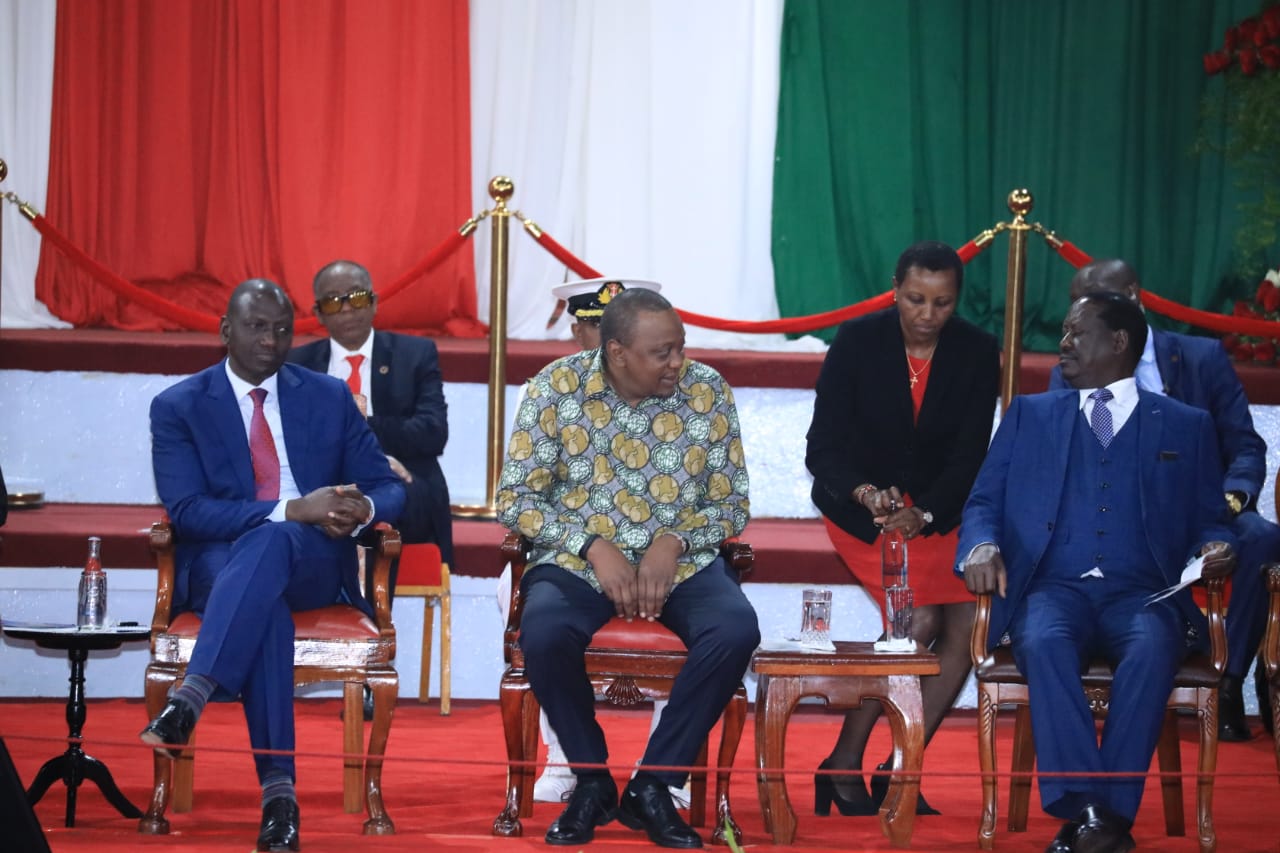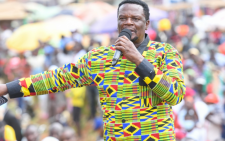Answer to Kenya’s problems not in BBI report

Stephen Ndegwa
The much anticipated Building Bridges Initiative (BBI) report is finally out. The country has been in a wait-and-see mood.
But now the report, in my view, seems to confirm Kenyans’ fears—that the proposals are a thinly veiled stratagem for propagating the status quo.
It is said the more things change, the more they remain the same. The country is not in want of a panacea for our ills.
For instance, on tackling historical injustices and reconciliation, we just need to dust the 2008 Truth, Justice and Reconciliation Commission Report, and table it in Parliament for enacting.
The twin issues of electoral justice and theft of public resources are fully covered in the Justice Kriegler Report, a product of the reconciliation process after the 2007/08 post-election violence.
This was duplicated by the Waki Commission, officially the Commission of Inquiry on PEV. We need not look any further than the National Cohesion and Integration Act, on how to deal with challenges of national unity.
The 2010 Constitution of Kenya places good governance, rule of law, integrity in leadership, and other aspects of a healthy nation, firmly and comprehensively, in the law.
Indeed, there are numerous initiatives that have over the decades gone to waste from a combination of lack of political will, avarice, and cowardice.
May be we would have considered the BBI report if it was different. As a writer, I know that there is a way one can read on the same topic from two different sources, and find one awe-inspiring, and the other humdrum. It is the same with preachers, with some more spiritually enchanting than others.
When retired President Kibaki ascended to power in 2002, he did not spend inordinate effort and time trying to reinvent the wheel.
He simply put together an effective government of technocrats, who simply fished out past development plans gathering dust on the shelves, and started their implementation.
The fruits of his courage and vision are visible around the country, particularly in infrastructural development. Similarly, Kenya needs brave leadership that is ready to face both the past and current rot destroying the country.
However, I am not deluded about such a possibility. Even Kibaki, with his unmatched wisdom and economic genius, did not manage to go where the eagles dare. Apart from promulgating the new Constitution in 2010, he left a lot of unfinished business on this front.
Speaking in Illinois during the famous Lincoln-Douglas debate on September 2, 1858, former US President Abraham Lincoln stated, “You can fool some of the people all of the time, and all of the people some of the time, but you cannot fool all of the people all of the time.”
In recent years, more Kenyans are getting enlightened about where to lay the blame for this nation’s perennial socio-economic and political malaise. The answers are on social media, where free speech is allowed.
If the increasing talk about a revolution is anything to go by, I fear the day is nigh when the masses will finally decide that they have nothing to lose. Developing a country successfully is not rocket science.
The reason we do not have periodical political tension and unrest in the more developed countries is because the citizens have no bread and butter issues.
Instead of throwing good money after bad with time-buying committees and other rent-seeking initiatives, let us first fix the economy.
Doing the latter, and having zero tolerance to corruption, means we will automatically institute strict governance measures to create equal opportunities and justice for all. —The writer is a communications expert and public policy analyst. ndegwasm@gmail.com










